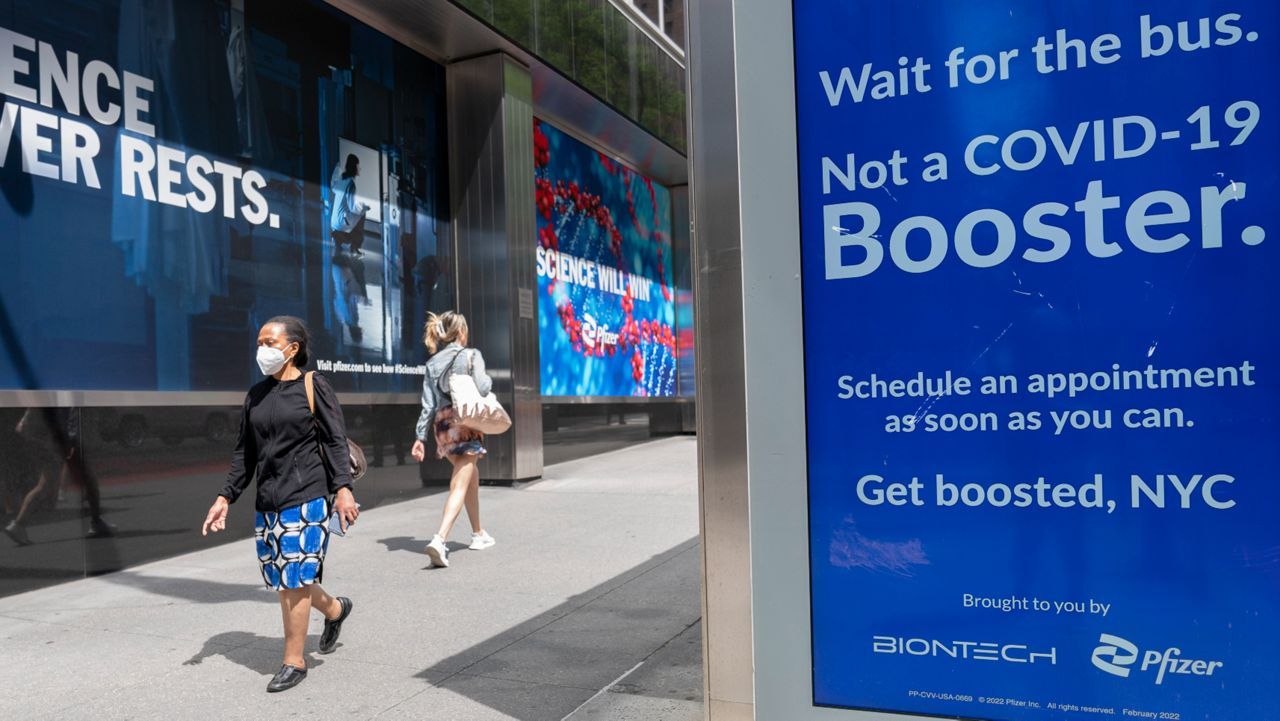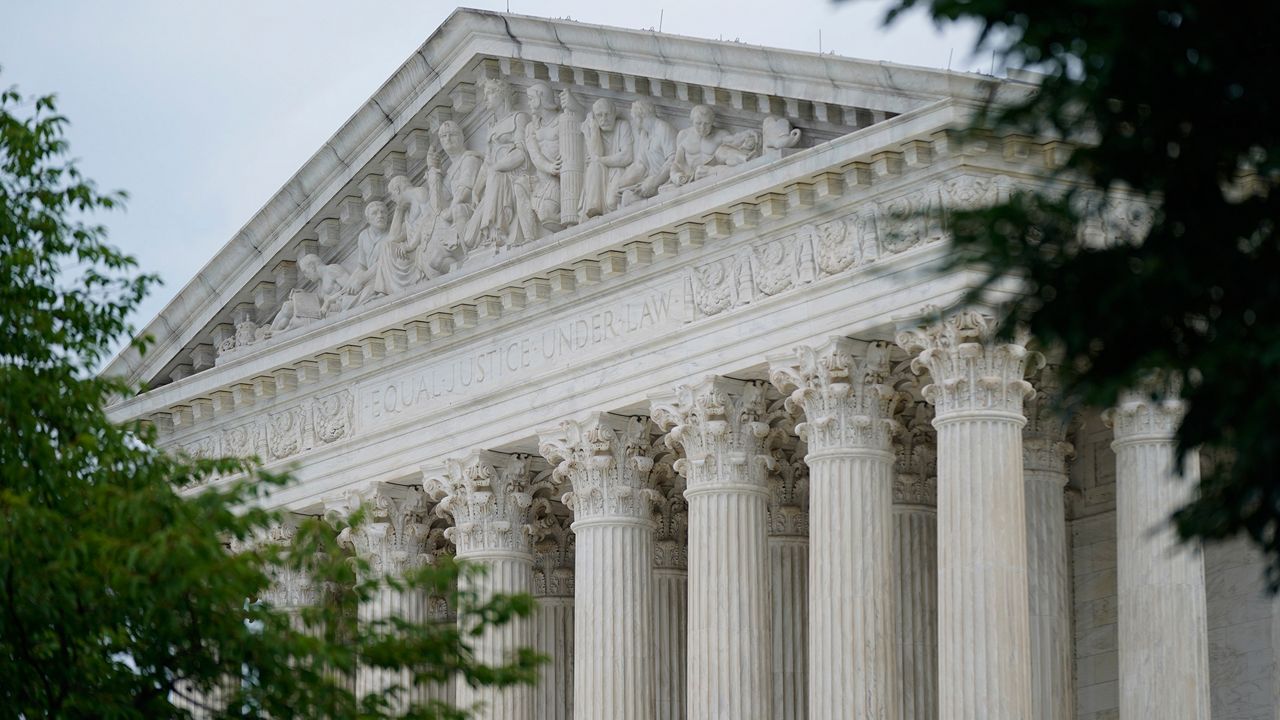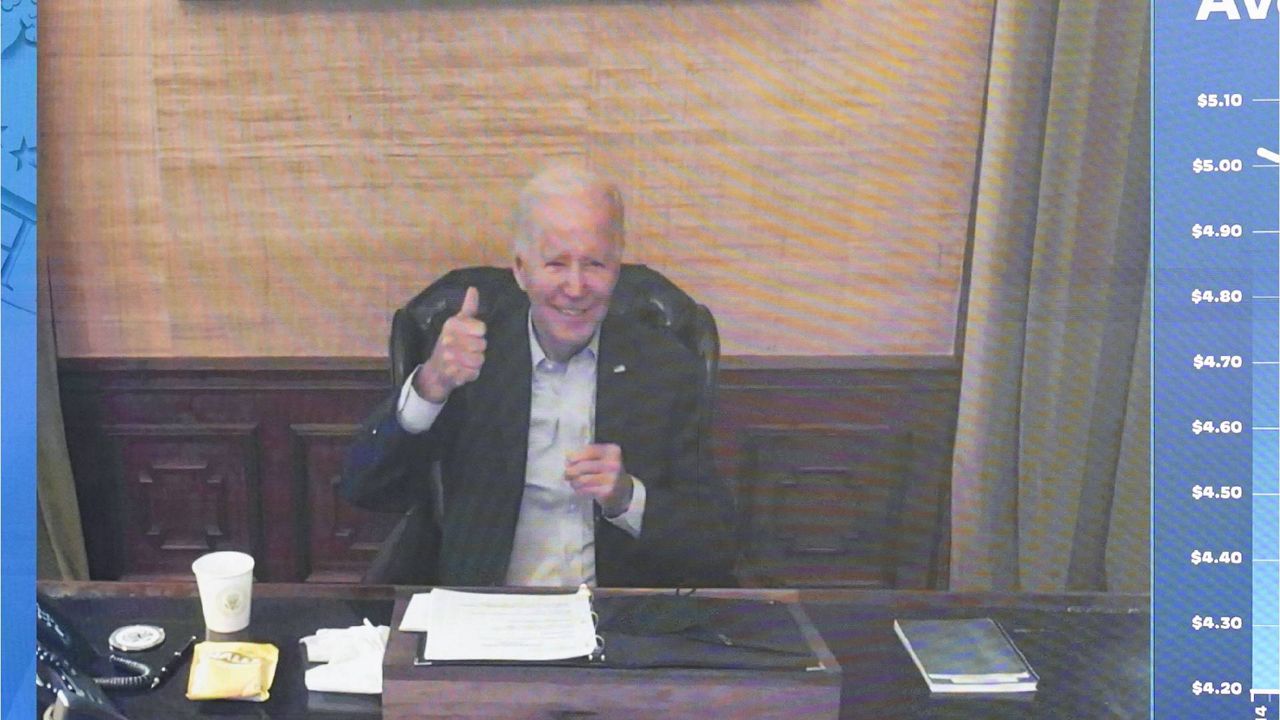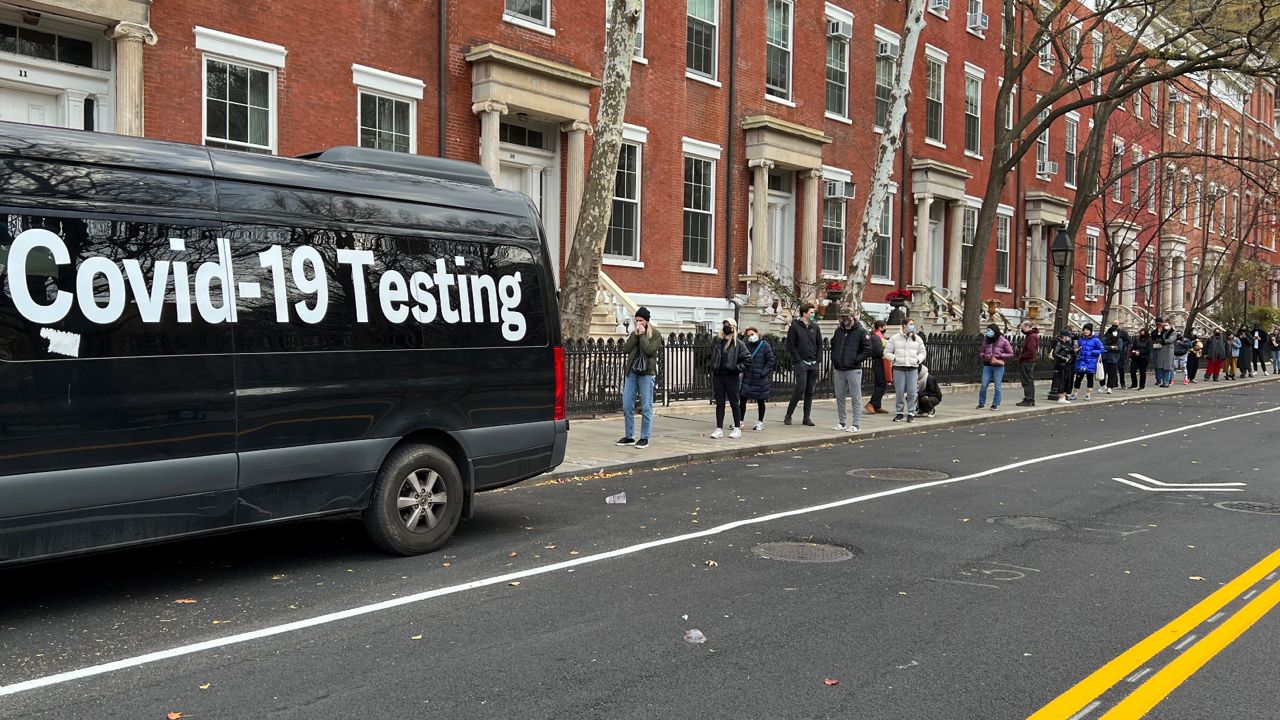“This virus is a Trojan horse. In some patients,it doesn’t even present with any symptoms at all,” Dr. Cleavon Gilman explains in a video diary he recorded on April 2. He is an emergency room resident physician in Manhattan completing his final year of residency.
Dr. Gilman’s preparation for battling the coronavirus started well before medical school, when he served as a hospital corpsman in the U.S. Marines during the Iraq War.
“We built a hospital and would take incoming casualties off the battlefield. We would give them blood, we would treat their amputations, and then we would fly them out to Baghdad,” Dr. Gilman explains.
- LIVE UPDATES: Coronavirus in New York City
- LIVES LOST: Remembering Victims of the Coronavirus
- What to Do If You Test Positive for COVID-19
- CDC Coronavirus Page
- WHO Coronavirus Page
“This, unfortunately, is much worse than being in Iraq for many reasons,” he says. One of the reasons is how many people are dying.
“It was pure chaos in the emergency room, there’s no other way to explain it. I would walk in and there would be a patient that was being intubated and there would be a patient crashing after that and a patient crashing after that,” Dr. Gilman recalls of the peak weeks of late March and early April.
“Many of these patients are alone, dying alone, they are critically ill. I do small things such as I’ll get them a pillow, I’ll get them a blanket,” he says.
“I would lose three patients a shift. And I would have to call loved ones,” Dr. Gilman says. “At the beginning, I was very strong and I would wash it off and go see the next patient after that. However, after the 15th or 20th time, it became a lot,” he explains.
As the number of new cases and hospitalizations decline, Dr. Gilman reports the Emergency Department is not consistently crowded.
“I think we had 35 patients in the ER when I walked into a shift, but two days ago, I came in and it was extremely busy again. We had a lot of critically ill patients and we had ballooned up to 100 patients.”
He cautions the public to maintain social distancing practices as the weather warms, and worries there could be a spike of new cases.
What has been a 21-year journey to becoming an emergency medicine doctor is about to be over, Dr. Gilman explains. He looks forward to graduation from his residency program in June and starting the next chapter as an attending emergency physician in Yuma, Arizona.









